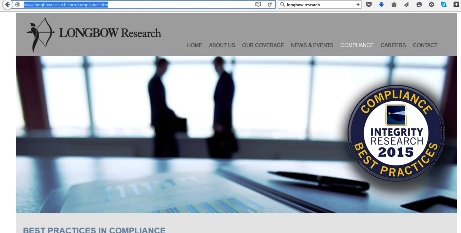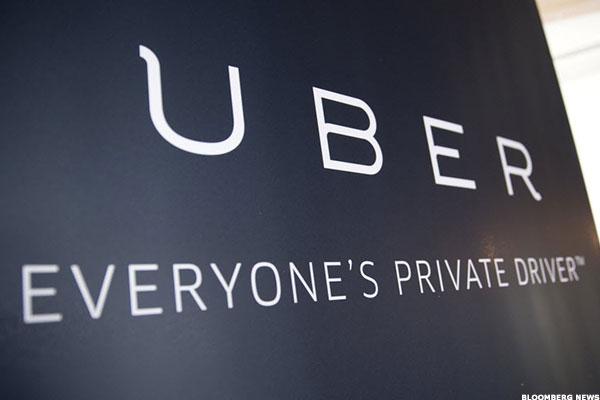
FINRA Market Surveillance Crew Gets the “Artificial Intelligence Memo” After NASDAQ and LSE introduce AI tools to Monitor “Layering.”
(Reuters)–27 October-Artificial intelligence programs have beaten chess masters and TV quiz show champions. Next up: stock market cheats.
Two exchange operators have announced plans to launch artificial intelligence tools for market surveillance in the coming months and officials at a Wall Street regulator tell Reuters they are not far behind. Executives are hoping computers with humanoid wit can help mere mortals catch misbehavior more quickly.
The software could, for instance, scrub chat-room messages to detect dubious bragging or back slapping around the time of a big trade. It could also more quickly unravel complex issues, like “layering,” where orders are rapidly sent to exchanges and then canceled to artificially move a stock price.
A.I. may even sniff out new types of chicanery, said Tom Gira, executive vice president for market regulation at the Financial Industry Regulatory Authority (FINRA).
“The biggest concern we have is that there is some manipulative scheme that we are not even aware of,” he told Reuters. “It seems like these tools have the potential to give us a better window into the market for those types of scenarios.”
FINRA plans to test artificial intelligence software being developed in-house for surveillance next year, while Nasdaq Inc (NDAQ.O) and the London Stock Exchange Group (LSE.L) expect to use it by year-end.
Prospectus.com is an international specialist in securities offering prospectus documentation and recognized experts in the broad range of offering documents, from preliminary prospectus (“red herring”) documentation to final offering prospectus document writing.
Prospectus.com fees are typically 50% lower vs. fees charged by traditional securities law firms.
Schedule Your Free Consultation Today.
The exchange operators also plan to sell the technology to banks and fund managers, so that they can monitor their traders.
Artificial intelligence is the notion that computers can imitate nuanced human behavior, like understanding language, solving puzzles or even diagnosing diseases. It has been in development since the 1950s and is now used in some mainstream ways, like Siri, an application on Apple Inc’s (AAPL.O) iPhone that can engage in conversation and perform tasks.
While financial firms are already applying artificial intelligence software for everything from compliance to stock-picking, it is only starting to become useful for market oversight.
“We haven’t really let the machines loose, as it were, on the surveillance side,” said Bill Nosal, a Nasdaq business development executive who is overseeing its artificial intelligence effort.
50 BILLION EVENTS
Market surveillance generally relies on algorithms to detect patterns in trading data that may signal manipulation and prompt staff to investigate.
But the sheer volume of data can lead to an overwhelming number of alerts, many of which are false alarms.
FINRA monitors roughly 50 billion market “events” a day, including stock orders, modifications, cancellations and trades. It looks for around 270 patterns to uncover potential rule violations. It would not say how many events are flagged, or how many of those yield evidence of misbehavior.
The “machine learning” software it is developing will be able to look beyond those set patterns and understand which situations truly warrant red flags, said Gira.
Machine learning is a subset of artificial intelligence in which computers figure out new tasks without having been programmed to do so. In the case of market surveillance, that would mean the computers “learn” which trading patterns lead to enforcement charges, in order to flag the right ones.
FINRA plans to test the new tool next year alongside its existing systems to compare the results.
The regulator has already moved its surveillance systems to Amazon.com Inc’s (AMZN.O) web-based Cloud, giving it more computing power to quickly analyze massive data.
Nasdaq is working with cognitive computing firm Digital Reasoning, which it invested in earlier this year.
LSE has teamed up with International Business Machine Corp’s (IBM.N) Watson business and cyber-security firm SparkCognition to develop its A.I.-enhanced surveillance, Chris Corrado, chief operating officer of LSE Group, told Reuters in an interview. Watson has become something of a household name, having bested contestants in the game show “Jeopardy” in 2011.
To continue reading, click here





